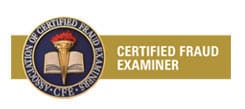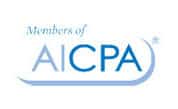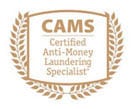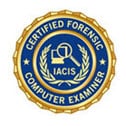Forensic Accounting Defined:
According to Investopedia, Forensic Accounting utilizes accounting, auditing, and investigative skills to conduct an examination into a company’s financial statements. Thus, providing an accounting analysis that is suitable for court. Forensic accountants are trained to look beyond the numbers and deal with the business reality of a situation. They are frequently used in fraud cases. They are typically CPAs, CFEs with expertise in financial analysis, criminal fraud examination and testifying in court. Forensic Accountants are hybrids of an accountant and a private investigator: an auditor who understands fraud schemes, and knows how to collect and organize the legal evidence.
Who would require a Forensic Accountant? Any person or company who suspects a white collar crime or occupational fraud may have been committed.
Case study:
You’re the owner of a small company and your business has been steadily increasing sales over the years, however, the books continue to show net loss. Because you are a small organization, you have a small staff and can only afford one trusted bookkeeper who makes all of the financial transactions. The bookkeeper receives the mail, makes data entry, accounts receivable, accounts payable, and processes payroll. The same employee even prepares the bank deposit slips and reconciles the bank account. This is a very common scenario among small companies, but presents a serious control risk.
You suspect wrongdoing or something illegal, but need to be certain before you make any personnel changes, and want to recover as much of the stolen money as possible. This is the time to contact a Forensic Accountant: someone with the expertise, education, and credentials to perform a technical review of the “books” in order to answer your basic questions:
- Has someone been embezzling money from the company?
- Who was it?
- How much?
- How long?
- How did they do it?
- What do we do about it?
- How do we minimize the future risk?
Conclusion:
Knowing when to engage a forensic accountant to investigate and review loss of company funds can be a critical decision. As the owner of the company, you realize that recovery of the embezzled money is paramount as is the proper handling of the dishonest employee. Depending on how long a potential embezzlement may have occurred, enough funds could have been stolen to bankrupt a company. Prompt action in engaging a properly credentialed forensic accounting professional will cost significantly less than ignoring the problem.
Michael R. Hathaway, CFE, CAMS, PI
Director of Investigations
Certified Fraud & Forensic Investigations






